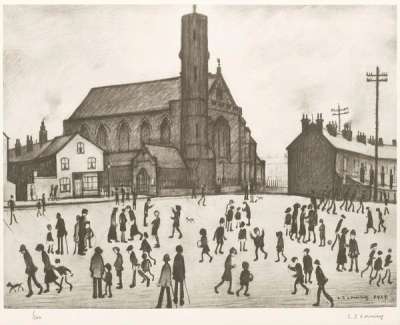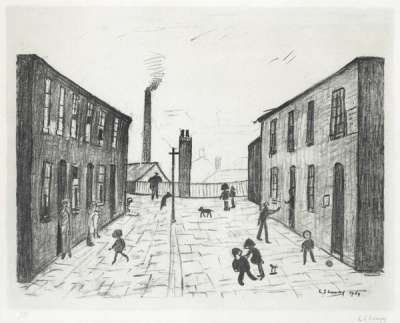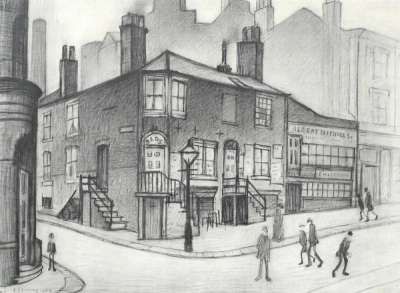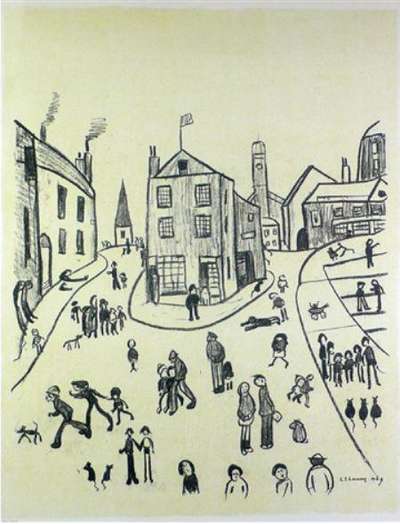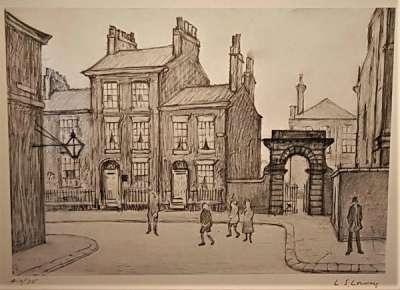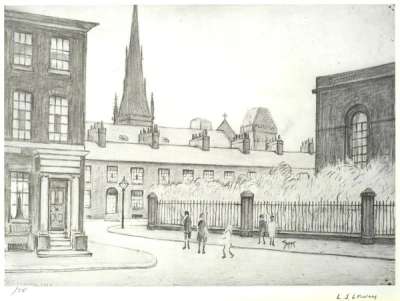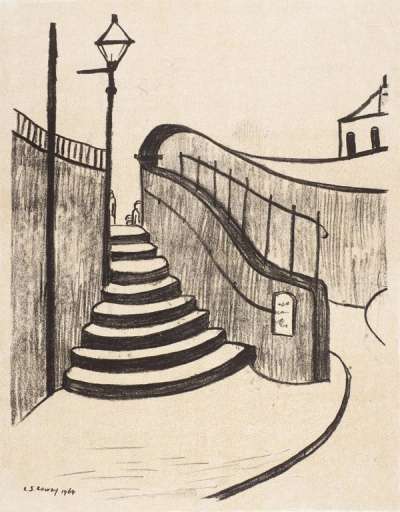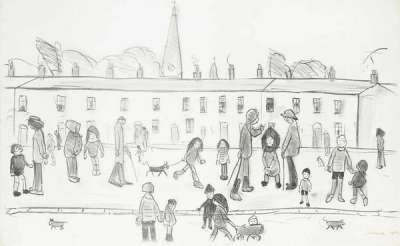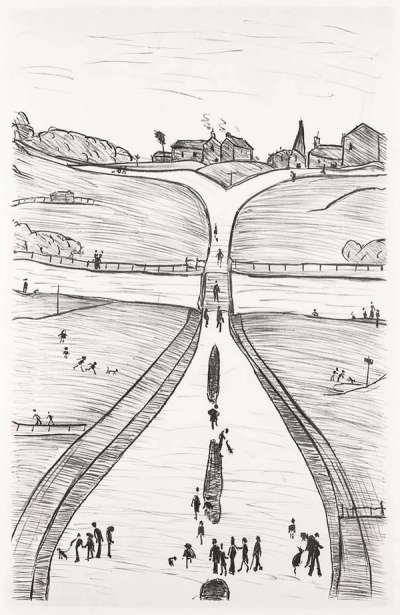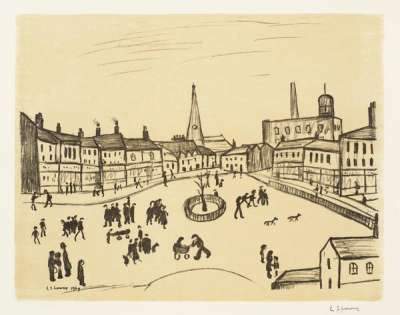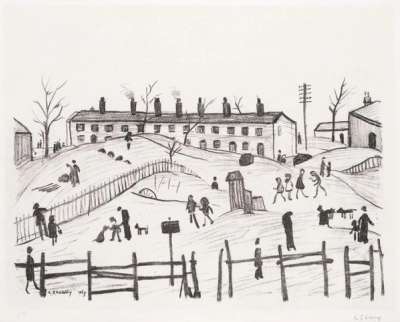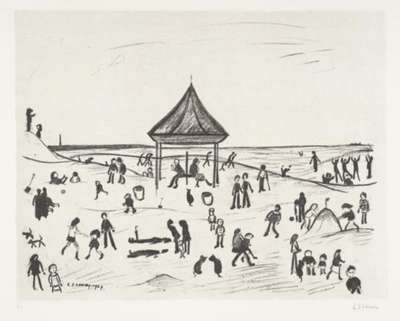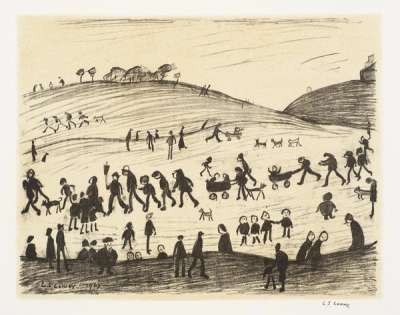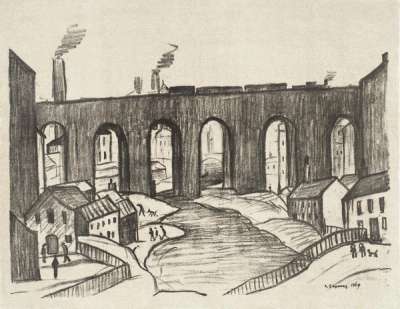
Reference Library
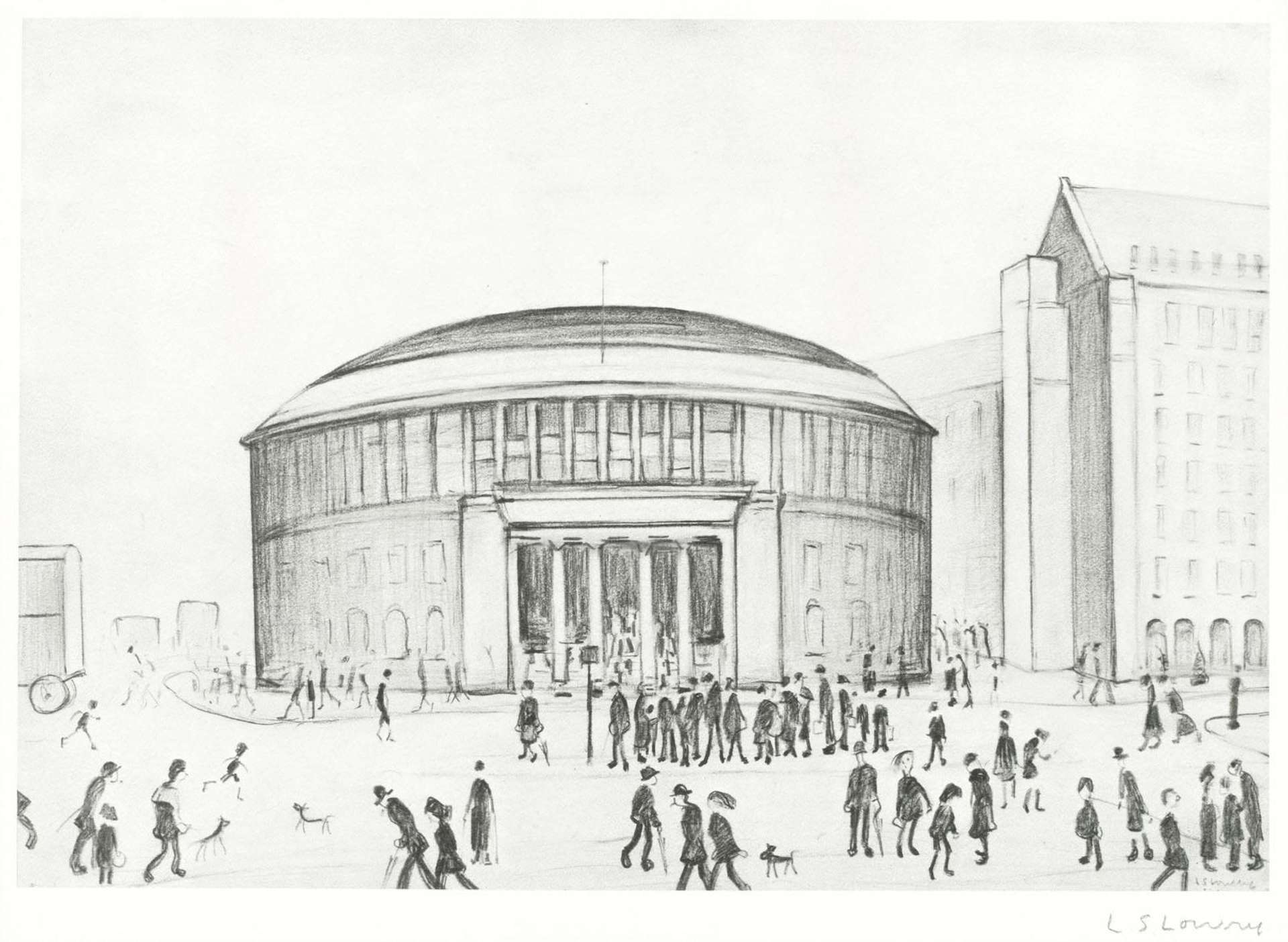
Reference Library
Signed Print
L S Lowry
£1,250-£1,850
$2,400-$3,600 Value Indicator
$2,150-$3,200 Value Indicator
¥11,500-¥17,000 Value Indicator
€1,450-€2,150 Value Indicator
$12,500-$19,000 Value Indicator
¥240,000-¥350,000 Value Indicator
$1,600-$2,350 Value Indicator
AAGR (5 years) This estimate blends recent public auction records with our own private sale data and network demand.
There aren't enough data points on this work for a comprehensive result. Please speak to a specialist by making an enquiry.
Medium: Lithograph
Edition size: 850
Year: 1972
Size: H 24cm x W 35cm
Signed: Yes
Format: Signed Print
TradingFloor
MyPortfolio
Your collection tracked in real time.
Build your portfolio, manage valuations, view return against your collection and watch works you're looking for.
Track auction value trend
Auction Results
| Auction Date | Auction House | Artwork | Hammer Price | Return to Seller | Buyer Paid |
|---|---|---|---|---|---|
| October 2023 | Dominic Winter Auctioneers - United Kingdom | Reference Library - Signed Print | |||
| August 2022 | Golding, Young & Mawer, The Lincoln Auction Rooms - United Kingdom | Reference Library - Signed Print | |||
| August 2022 | Lyon & Turnbull - London - United Kingdom | Reference Library - Signed Print | |||
| August 2022 | Toovey's - United Kingdom | Reference Library - Signed Print | |||
| March 2022 | Wilson55 - United Kingdom | Reference Library - Signed Print | |||
| December 2021 | Wilson55 - United Kingdom | Reference Library - Signed Print | |||
| October 2021 | Dreweatts & Bloomsbury Auctions, Bloomsbury House - United Kingdom | Reference Library - Signed Print |
Meaning & Analysis
Reference Library is a sketch by L. S. Lowry, which has been produced as a lithograph in an edition of 850 and shows an image of the public library in central Manchester. The central focus of the composition is the rotunda building, with crowds of people that wander the streets going about their daily business, filling the foreground of the image.
Like many of Lowry’s sketches, this scene is depicted in a highly realistic style, retaining the most important details of the architecture and keeping the buildings and people to the correct scale. Lowry’s prints like these incorporate much closer detail and elements like shadow on the buildings due to the fact that the medium is limited to a monochrome palette.Initially trained under the Impressionist master, Adolphe Valette, Lowry was interested in recording the nuances of everyday life and would sketch during the day to record his observations of the world around him. During his prolific career, the artist produced over 8,000 drawings.
Lowry’s lithographs like Reference Library are produced by hand whereby a plate is etched and inked, and the paper is then pressed onto the plate to produce an original. Due to this printing process, no two prints are exactly the same and are therefore highly sought after objects.
